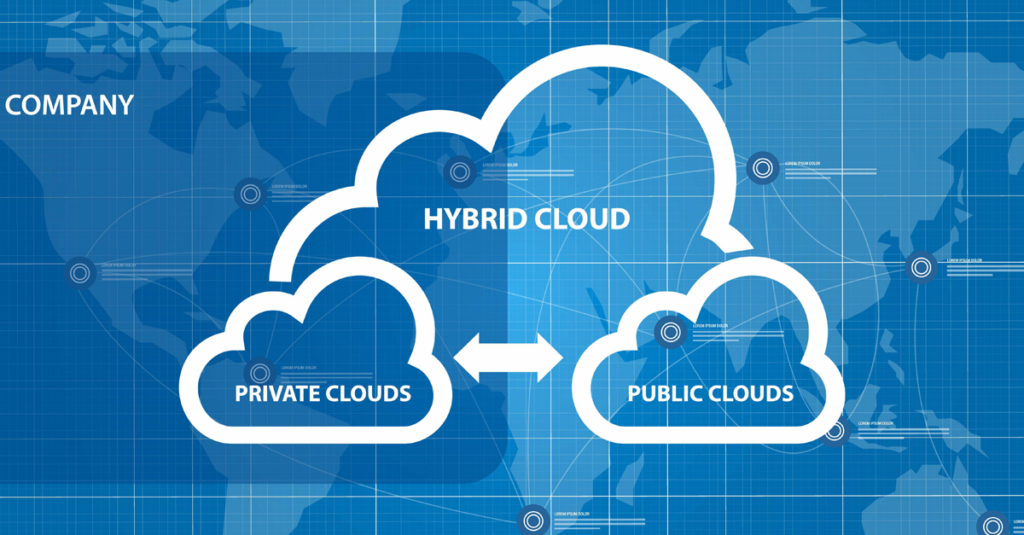Kubernetes Helm: Why It Matters
Kubernetes Helm, by making application deployment easy, standardized and reusable, improves developer productivity, reduces deployment complexity, enhances operational readiness, and speeds up the adoption of cloud native apps. These applications can be sourced from open-source community provided repositories, or from an organization’s internal repository of customized application blueprints. In much the same way that the […]













